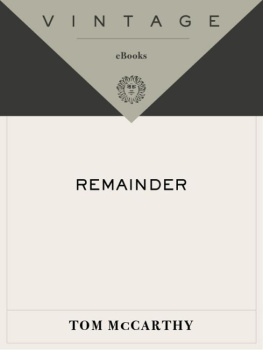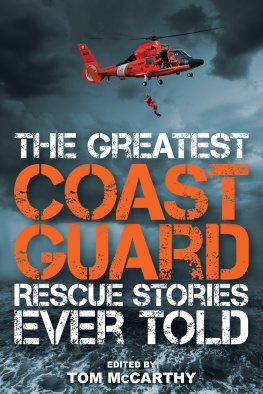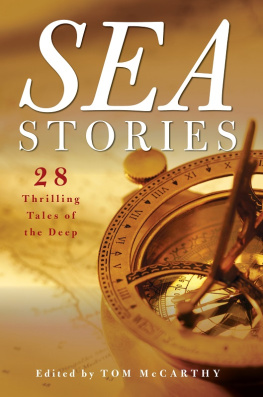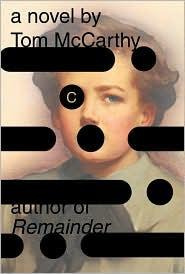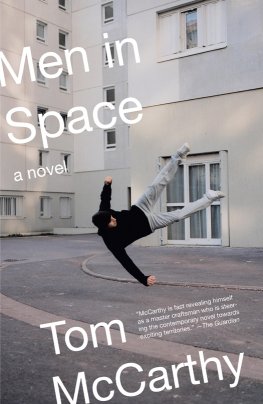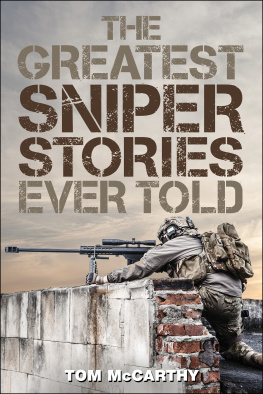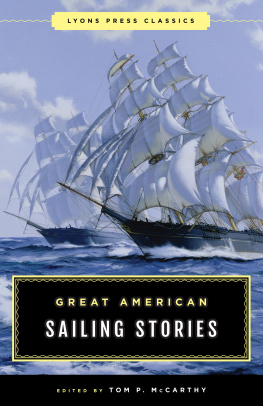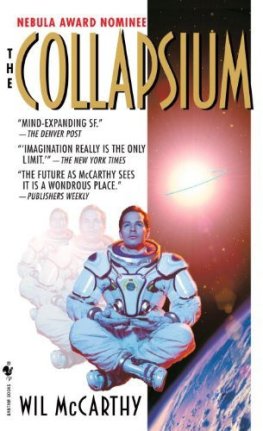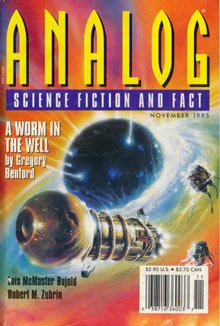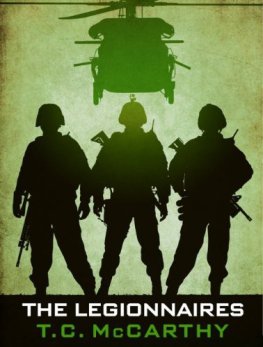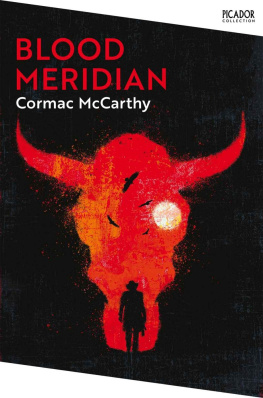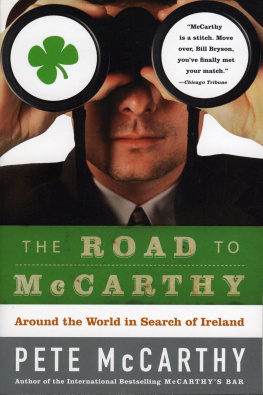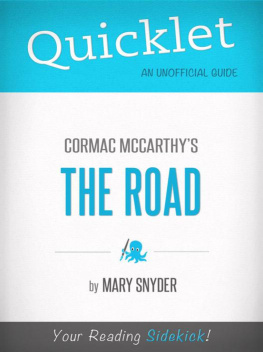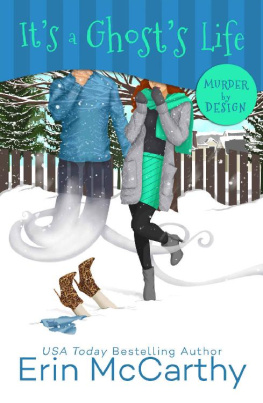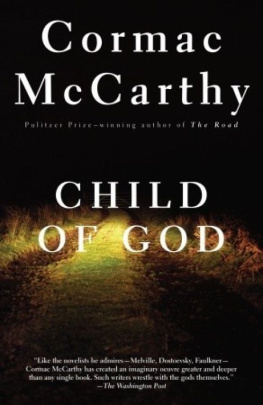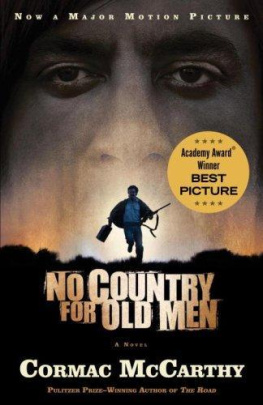Tom McCarthy - Remainder
Here you can read online Tom McCarthy - Remainder full text of the book (entire story) in english for free. Download pdf and epub, get meaning, cover and reviews about this ebook. year: 2007, publisher: Vintage Books, genre: Detective and thriller. Description of the work, (preface) as well as reviews are available. Best literature library LitArk.com created for fans of good reading and offers a wide selection of genres:
Romance novel
Science fiction
Adventure
Detective
Science
History
Home and family
Prose
Art
Politics
Computer
Non-fiction
Religion
Business
Children
Humor
Choose a favorite category and find really read worthwhile books. Enjoy immersion in the world of imagination, feel the emotions of the characters or learn something new for yourself, make an fascinating discovery.
- Book:Remainder
- Author:
- Publisher:Vintage Books
- Genre:
- Year:2007
- Rating:3 / 5
- Favourites:Add to favourites
- Your mark:
- 60
- 1
- 2
- 3
- 4
- 5
Remainder : summary, description and annotation
We offer to read an annotation, description, summary or preface (depends on what the author of the book "Remainder " wrote himself). If you haven't found the necessary information about the book — write in the comments, we will try to find it.
Remainder — read online for free the complete book (whole text) full work
Below is the text of the book, divided by pages. System saving the place of the last page read, allows you to conveniently read the book "Remainder " online for free, without having to search again every time where you left off. Put a bookmark, and you can go to the page where you finished reading at any time.
Font size:
Interval:
Bookmark:
ACKNOWLEDGMENTS
Many thanks to
Clmentine Deliss and Thomas Boutoux at Metronome Press, for first bringing Remainder into the public realm with the MP Paris edition of 2005; Marty Asher and the team at Vintage, for their help in preparing the current edition for publication; Jonny Pegg at Curtis Brown, for his untiring support; and Johnny Rich and Tarquin Edwards, for generously sharing their experiences of (post-)trauma with me.
ALSO BY TOM M c CARTHY
Tintin and the Secret of Literature
Tom McCarthy
REMAINDER
Tom McCarthy was born in 1969 and lives in London. He is known for the reports, manifestos, and media interventions he has made as General Secretary of the International Necronautical Society (INS), a semifictitious avant-garde network. Remainder is his first novel.
ABOUT THE ACCIDENT itself I can say very little. Almost nothing. It involved something falling from the sky. Technology. Parts, bits. Thats it, really: all I can divulge. Not much, I know.
Its not that Im being shy. Its just thatwell, for one, I dont even remember the event. Its a blank: a white slate, a black hole. I have vague images, half-impressions: of being, or having beenor, more precisely, being about to behit; blue light; railings; lights of other colours; being held above some kind of tray or bed. But whos to say that these are genuine memories? Whos to say my traumatized mind didnt just make them up, or pull them out from somewhere else, some other slot, and stick them there to plug the gapthe craterthat the accident had blown? Minds are versatile and wily things. Real chancers.
And then theres the Requirement. The Clause. The terms of the Settlement drawn up between my lawyer and the parties, institutions, organizationslets call them the bodies responsible for what happened to me prohibit me from discussing, in any public or recordable format (I know this bit by heart), the nature and/or details of the incident, on pain of forfeiting all financial reparations made to me, plus any surplus these might have accrued (a good word that, accrued) while in my custodyand forfeiting quite possibly, my lawyer told me in a solemn voice, a whole lot more besides. Closing the loop, so to speak.
The Settlement. That word: Settlement. Set-l-ment. As I lay abject, supine, tractioned and trussed up, all sorts of tubes and wires pumping one thing into my body and sucking another out, electronic metronomes and bellows making this speed up and that slow down, their beeping and rasping playing me, running through my useless flesh and organs like sea water through a spongeduring the months I spent in hospital, this word planted itself in me and grew. Settlement. It wormed its way into my coma: Greg must have talked about it to me when he came round to gawk at what the accident had left. As the no-space of complete oblivion stretched and contracted itself into gritty shapes and scenes in my unconscious headsports stadiums mainly, running tracks and cricket pitchesover which a commentators voice was playing, inviting me to commentate along with him, the word entered the commentary: wed discuss the Settlement, though neither of us knew what it entailed. Weeks later, after Id emerged from coma, come off the drip-feed and been put onto mushy solids, Id think of the words middle bit, the -l-, each time I tried to swallow. The Settlement made me gag before it gagged me: thats for sure.
Later still, during the weeks I sat in bed able to think and talk but not yet to remember anything about myself, the Settlement was held up to me as a future strong enough to counterbalance my no-past, a moment that would make me better, whole, complete. When most of my past had eventually returned, in instalments, like back episodes of some mundane soap opera, but I still couldnt walk, the nurses said the Settlement would put me back on my feet. Marc Daubenay would visit and brief me about our progress towards Settlement while I sat in plaster waiting for my bones to set. After hed left Id sit and think of setssix games in tennis or however many matching cups and plates, the scenery in theatres, patterns. Id think of remote settlements in ancient times, village outposts crouching beneath hostile skies. Id think of peopledancers, maybe, or soldierscrouching, set, waiting for some event to start.
Later, much later, the Settlement came through. Id been out of hospital for four months, out of physiotherapy for one. I was living on my own on the edge of Brixton, in a one-bedroom flat. I wasnt working. The company Id been with up until the accident, a market-research outfit, had said theyd give me paid sick leave until May. It was April. I didnt feel like going back to work. I didnt feel like doing anything. I wasnt doing anything. I passed my days in the most routine of activities: getting up and washing, walking to the shops and back again, reading the papers, sitting in my flat. Sometimes I watched TV, but not much; even that seemed too proactive. Occasionally Id take the tube up to Angel, to Marc Daubenays office. Mostly I just sat in my flat, doing nothing. I was thirty years old.
On the day the Settlement came through, I did have something to do: I had to go and meet a friend at Heathrow Airport. An old friend. She was flying in from Africa. I was just about to leave my flat when the phone rang. It was Daubenays secretary. I picked the phone up and her voice said:
Olanger and Daubenay. Marc Daubenays office. Putting you through.
Sorry? I said.
Putting you through, she said again.
I remember feeling dizzy. Things I dont understand make me feel dizzy. Ive learnt to do things slowly since the accident, understanding every move, each part of what Im doing. I didnt choose to do things like this: its the only way I can do them. If I dont understand words, I have one of my staff look them up. That day back in April when Daubenays secretary phoned, I didnt have staff, and anyway they wouldnt have helped in that instance. I didnt know who the you was she was putting throughDaubenay or me. A trivial distinction, you might say, but the uncertainty still made me dizzy. I placed my hand against my living-room wall.
Daubenays voice came on the line after a few seconds:
Hello? it said.
Hello, I said back.
Its come through, said Daubenay.
Yes, its me, I answered. That was just your secretary putting us through. Now its me.
Listen, said Daubenay. His voice was excited; he hadnt taken in what Id just said. Listen: theyve capitulated.
Who? I asked.
Who? Them! The other side. Theyve caved in.
Oh, I said. I stood there with my hand against the wall. The wall was yellow, I remember.
Theyve approached us, Daubenay continued, with a deal whose terms are very strong each way.
What are the terms? I asked.
For your part, he told me, you cant discuss the accident in any public arena or in any recordable format. To all intents and purposes, you must forget it ever happened.
Ive already forgotten, I said. I never had any memory of it in the first place.
This was true, as I mentioned earlier. The last clear memory I have is of being buffeted by wind twenty or so minutes before I was hit.
They dont care about that, Daubenay said. Thats not what they mean. What they mean is that you must accept that, in law, it ceases to be actionable.
I thought about that for a while until I understood it. Then I asked him:
How much are they paying me?
Eight and a half million, Daubenay said.
Pounds? I asked.
Pounds, Daubenay repeated. Eight and a half million pounds.
It took another second or so for me to take in just how much money that was. When I had, I took my hand off the wall and turned suddenly around, towards the window. The movement was so forceful that it pulled the phone wire with it, yanked it right out of the wall. The whole connection came out: the wire, the flat-headed bit that you plug in and the casing of the hole that that plugs into too. It even brought some of the internal wiring that runs through the wall out with it, all dotted and flecked with crumbly, fleshy bits of plaster.
Next pageFont size:
Interval:
Bookmark:
Similar books «Remainder »
Look at similar books to Remainder . We have selected literature similar in name and meaning in the hope of providing readers with more options to find new, interesting, not yet read works.
Discussion, reviews of the book Remainder and just readers' own opinions. Leave your comments, write what you think about the work, its meaning or the main characters. Specify what exactly you liked and what you didn't like, and why you think so.

